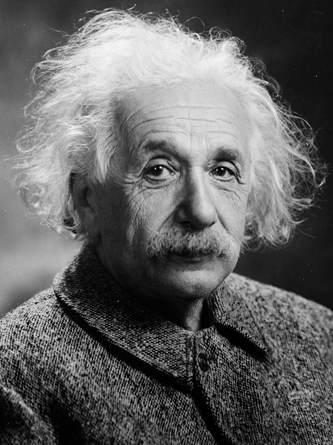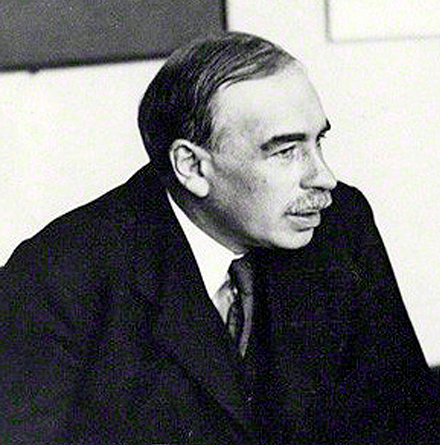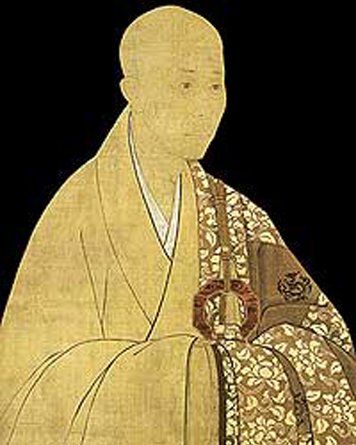Timing is key for learning. As we often say, “Suit your speech to the audience”, or in Buddhism, “Taiki Seppo” (Buddha adjusted his teachings in accordance with the personality and ability of his disciples). The essence of education is to tailor to an individual’s needs, not to teach in a one-size-fits-all manner. Giving a level 10 lesson to someone at level 1 would be meaningless, or even misleading and harmful.
In Zen, there is a saying, “Sottaku Doji (啐啄同時)”: the first character “啐” is the pecking sound of a chick fighting its way out of an eggshell, and the second character “啄” stands for the sound of the mother bird pecking from the outside, in response to the chick’s pecking, to help out the chick. The third and fourth characters “同時” means to synchronize the timing of the two. Therefore, the four characters describe the importance in the timing of the action; if the chick inside pecks all by himself, he may exhaust his energy, and if the parent bird pecks too forcefully, it will kill its chick. Their actions must be synchronized for the chick to hatch successfully. Thus, Sottaku Doji symbolizes that educators should not miss the precise moment to give the best guidance (by the way, note that this is simply an analogy typical to academic Zen; in reality, a chick would eventually peck its way out by itself, because if it needed help and even if it received it from the parent bird, the hatchling would not have the strength it needs to live in the outside world).

That said, putting this term into practice is not easy in human resource development. One thing educators should keep in mind is to never give a solution before the student is ready. Eliyahu M. Goldratt, the author of “The Goal” said,
“Isn’t it the biggest obstacle for learning to give the answer? Because it permanently deprives one of the chance to explore a solution. I sincerely believe that the only way we can learn is through our deductive process – by thinking logically and deducing an answer.”
Eliyahu M. Goldratt
The effort to master things faster by filling up your brain with existing wisdom is important. Structured knowledge will help you assess what you know and what you don’t. However, to really make the knowledge a part of yourself, your own wisdom, you at least need to spontaneously develop some questions, think them through, and find the answer. Providing an answer is taking away the chance to do this; therefore, educators must strictly refrain from inhibiting their students’ chance to grow.
Arriving at your own conclusion after struggling and groaning over a difficult problem is deeply fulfilling; the experience can even nourish your life. I think that human beings have made progress not because they have found answers, but because they have continued to question.
Albert Einstein once commented about himself:
“It's not that I'm so smart, it's just that I stay with problems longer.”
Albert Einstein

Also, the famous economist John Maynard Keynes described Isaac Newton in his “Essays in Biography” as follows:
“I believe that Newton could hold a problem in his mind for hours and days and weeks until it surrendered to him its secret.”
John Maynard Keynes

Let’s go back to Zen philosophy. Learning should involve dynamic interactions between individuals who are seeking answers to their questions and who have the desire to obtain their own understanding. In ancient times, people called this “Sangaku” (it literally means “to participate in learning”). Focusing on taking notes of what your teacher says and then regurgitating what you’re told indicates that you are not fully committed to learning; it is too shallow to call it so.
Below is a paragraph from Rinzai Zen Buddhist monk Muso Soseki’s “Dream Conversations” (Muchu Mondo-shu), which depicts exactly this point:
A true Zen Buddhist does not memorize teachings, write them on paper, and simply disseminate them to people. He gives personalized instructions at a suitable time. This is called ‘Tekimen Teiji’ (to give instructions face-to-face).
[The interaction of teaching and learning] resembles a lightning flash and a sparking flint. Do not look for residues of the past. Ancient people also said: ‘surmising from between the lines is already a secondary thing.’ If so, it is all the worse to write down the individual teachings received and spread them to others.
Muso Kokushi “Muchu Mondo-shu” Paragraph 92

A true process of improving oneself must be that in which individuals interact and work hard together to achieve respective self-growth (it is called “Sessa Takuma”). It is a learning process that is intense, just like sparks made by striking rocks or a lightning flash in the clouds.
And that is why timing is crucial and “Sottaku Doji” is so important.
This is also where the challenge of corporate human development lies. Equipping someone with knowledge is easy, but assimilating the knowledge, enabling the knowledge to really enrich one’s body and soul, is a different achievement that would depend on the level of individual commitment. Instructors might merely guide participants to believe that they understand the idea, which can do more harm than good.
Those of us who engage in human development need to remember that our goal is not to provide knowledge or answers, but to guide students towards fundamental questions and support a successful hatching.